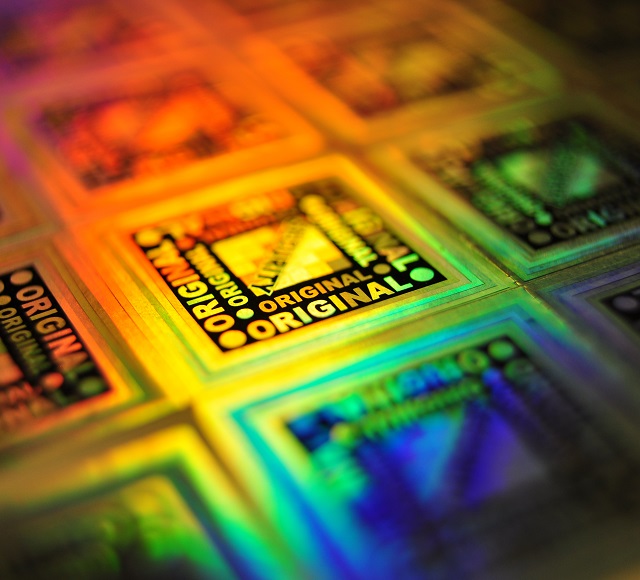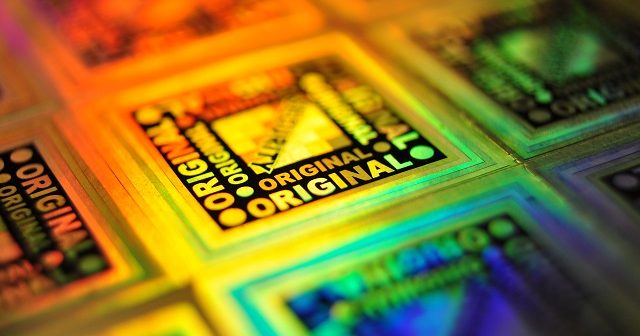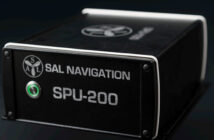
News that people are being duped into buying fake Covid tests reinforces the urgent need for manufacturers and law enforcement agencies to step up investment in anti-counterfeiting measures including product security devices, warns an international trade body.
The message from the International Hologram Manufacturers Association (IHMA) comes in the wake of reports this week of illicit sales of fake negative Covid-19 test results.
They are becoming more widespread as criminals look to profit from travel restrictions imposed during the pandemic, according to Europol which has reported an increase in cases of fraudulent Covid-19 test certificates being sold to travellers.
This follows an increasing number of countries in the EU and beyond requiring travellers to provide a negative coronavirus test in order to be allowed entry, when travelling from a high-risk area.
According to the IHMA this development strengthens concerns about manufacturers and the public being targeted for exploitation by unscrupulous counterfeiters looking to cash in on the trade in illicit goods and services as the pandemic continues to sweep the globe
Fake test results are just one example of a range of fraudulent activity that has emerged during the Covid crisis.
Counterfeit coronavirus testing kits have been sold and online scams have risen during the health crisis, with criminals exploiting millions of people now working from home. Seizures of fake test kits were reported by both the US CBP and the World Customs Organisation during 2020 and comes at a time when the counterfeit market represents an estimated 7% of global trade.
The World Health Organisation (WHO) has said that a growing volume of fake medicines are on sale in developing countries, while Interpol has seen an increase in fake medical products. And despite efforts from businesses, counterfeits continue to seriously harm brands while customers are being duped.
Counterfeiting is a multibillion-dollar global problem, but the current crisis only exacerbates the situation, says the IHMA, which is urging supply chains and authorities to be extra vigilant and review how they tackle the threats. They may even have to bring forward plans for investment in authentication and verification technologies to protect brands, profits and reputation.
Indeed, an IHMA poll revealed that that almost 50% of manufacturers and suppliers of holograms had seen an increase in demand from customers, specifiers and end-users for devices and technologies in the face of Covid.
 Dr Paul Dunn, chair of the IHMA, says: “Covid continues to present opportunities for crafty criminals, who are infiltrating global supply channels, deploying scams and counterfeiting measures to trick consumers and damage manufacturers. Furthermore, items such as falsified medicines and test kits can pose a terrible threat and can endanger lives.
Dr Paul Dunn, chair of the IHMA, says: “Covid continues to present opportunities for crafty criminals, who are infiltrating global supply channels, deploying scams and counterfeiting measures to trick consumers and damage manufacturers. Furthermore, items such as falsified medicines and test kits can pose a terrible threat and can endanger lives.
“Holograms can to be effective in the frontline fight against counterfeiters and fraudsters, protecting brands and profits. Those involved in the supply chain are reassured by their presence on products, recognising the security and financial benefits provided.”
The use of well-designed and properly deployed authentication solutions, as advocated by the ISO12931 standard, enables examiners to verify the authenticity of a legitimate product, differentiating it from fake products coming from counterfeiting hot spots in Asia and eastern Europe.
Even those that carry a ‘fake’ authentication feature can be distinguished from the genuine item if that item carries a carefully thought-out authentication solution.






